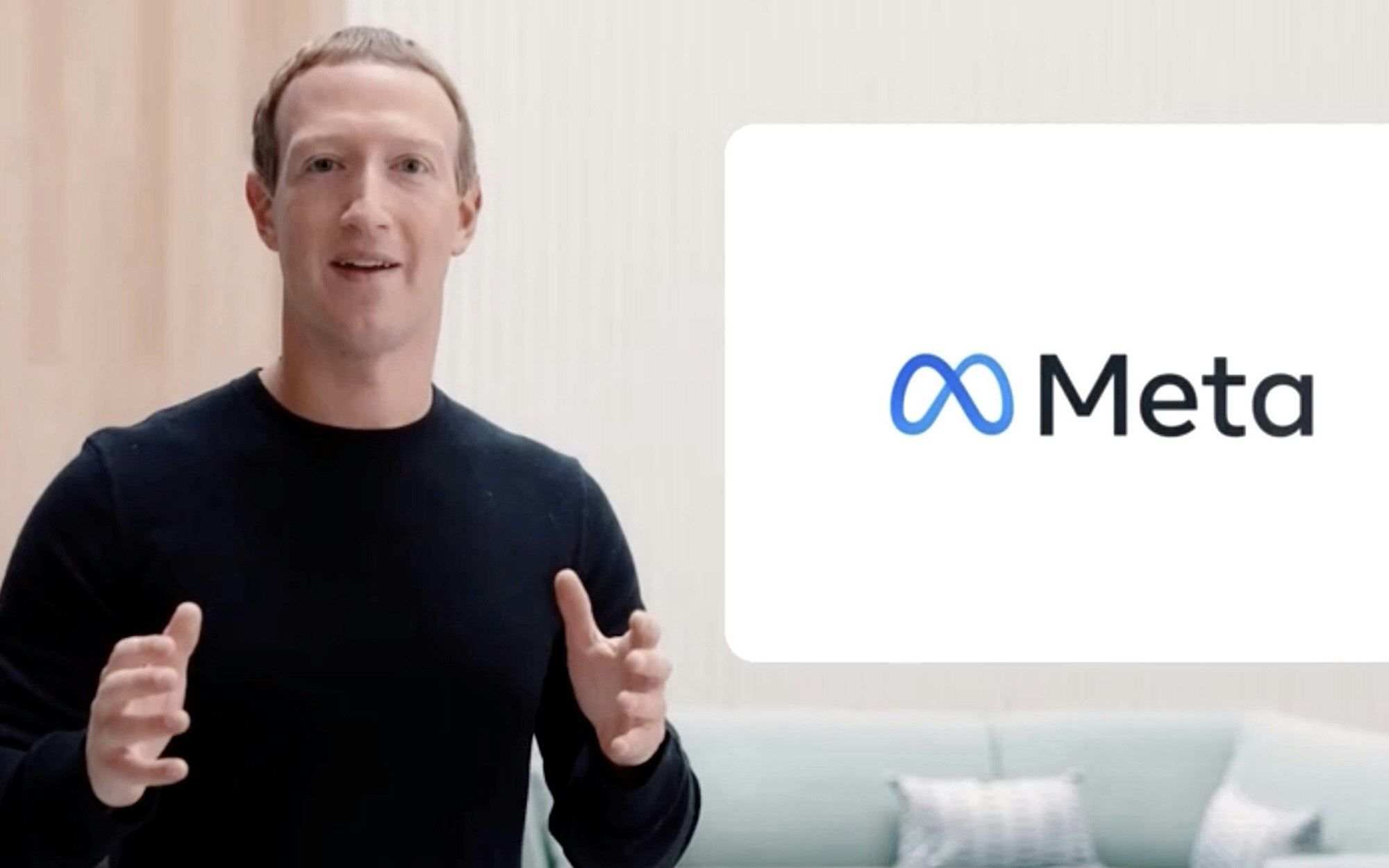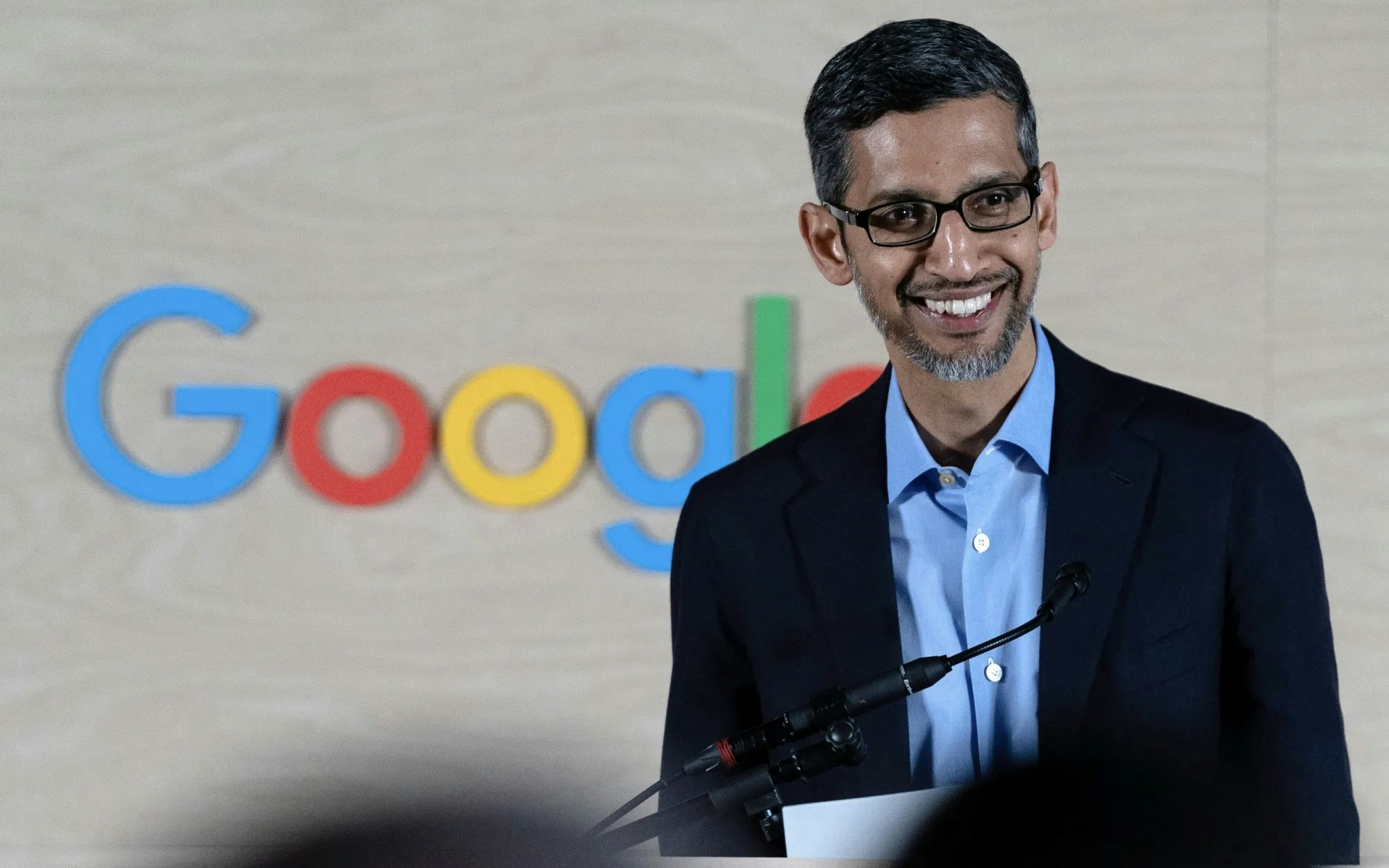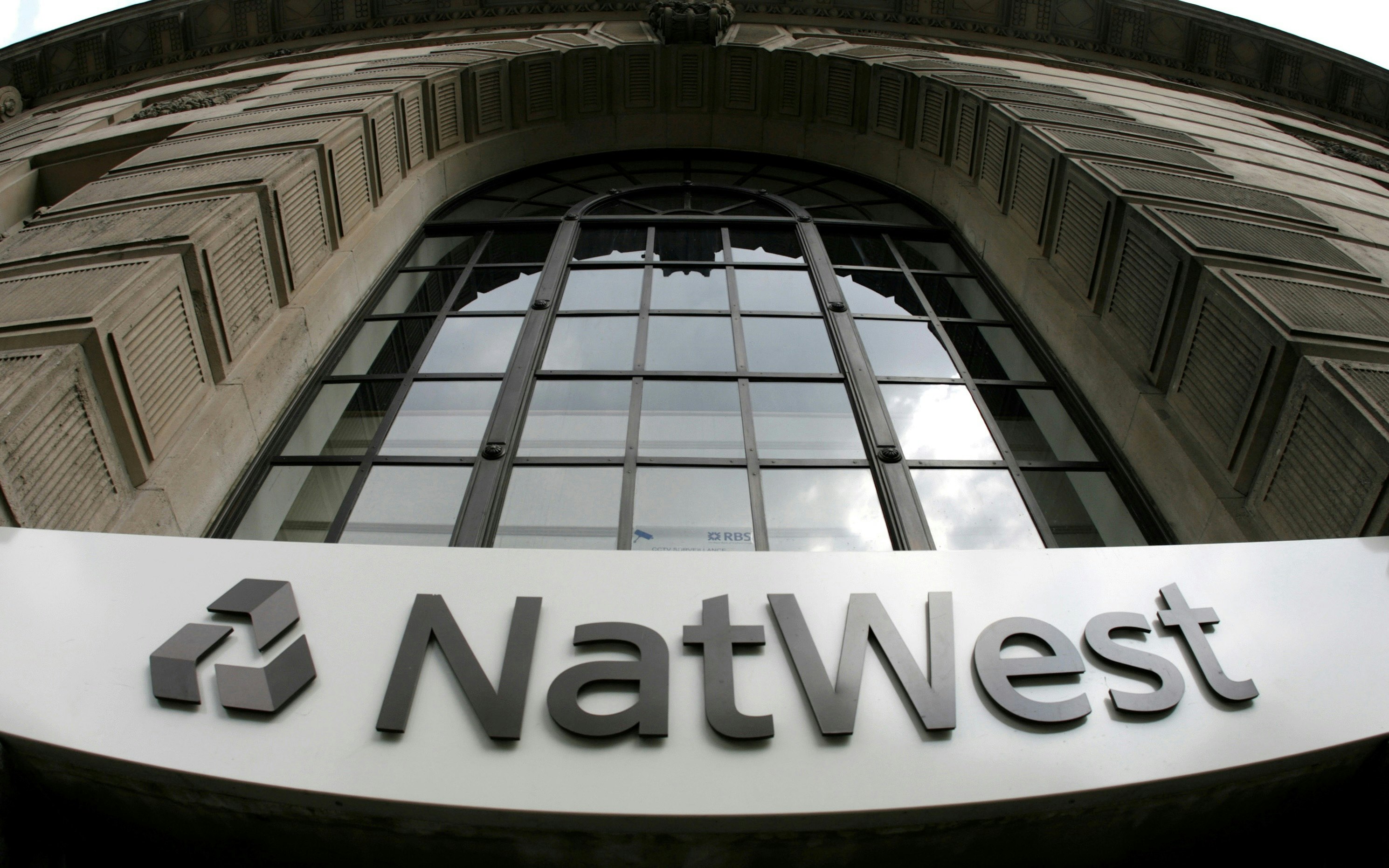Google and Meta have made a secret agreement to target Instagram ads at teenagers on YouTube, bypassing Google's own online policies for the treatment of minors. This comes from documents obtained by the Financial Times and statements from people familiar with the matter.
Google worked on a marketing project for Meta aimed at targeting 13- to 17-year-old YouTube users with advertisements for the competitor's photo and video app. This campaign deliberately targeted a user group that was labeled as "unknown" in Google's advertising system, a group Google knew consisted mostly of minors. Documents suggest that measures were taken to obscure the true intent of the campaign.
This approach contradicted Google's own rules, which prohibit personalized and targeted advertising for individuals under 18 years of age. This also includes not showing ads based on demographic characteristics. Meta and Google collaborated with Spark Foundry, a U.S. subsidiary of the French advertising giant Publicis, to launch this pilot marketing program in Canada between February and April 2023. Due to its perceived success, it was tested in the U.S. in May, with plans for further international expansion.
Meta, attempting to retain younger users against rapidly growing rivals like TikTok, saw this collaboration as a way to capture the attention of this demographic. Google, on the other hand, was looking for ways to increase its advertising revenue. However, this unorthodox method heightened concerns regarding compliance with privacy policies and ethical standards.
After the allegations became known, Google initiated an investigation and the project was terminated. A Google spokesperson stated, "We prohibit personalized advertising for individuals under the age of 18. These policies go far beyond legal requirements and are supported by technical safeguards. We have confirmed that these safeguards functioned properly in this instance.
Meta denied that the selection of the "unknown" target audience constitutes personalization or a circumvention of rules. A spokesperson said: "We have been transparent about marketing our apps to young people as a place where they can connect with friends, find community, and discover their interests.
The revelation comes at a time when the US Senate has passed the "Kids Online Safety Act," which aims to require social media platforms to protect children from harmful online content. Senator Marsha Blackburn commented to the Financial Times: "Big tech companies cannot be trusted to protect our children. They have again been caught exploiting our kids, and these Silicon Valley executives have proven that they will always put profit over the well-being of our children.
The secret agreement between Google and Meta for targeted advertising to teenagers on YouTube has raised massive ethical and regulatory questions. Both companies are now under increased scrutiny and must face the consequences of their actions.
Sure! Please provide the heading you'd like translated.










